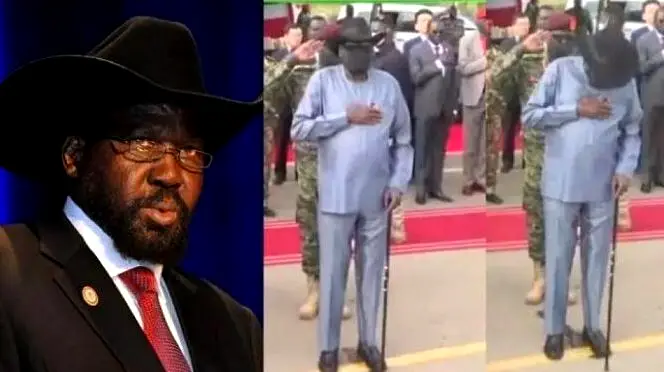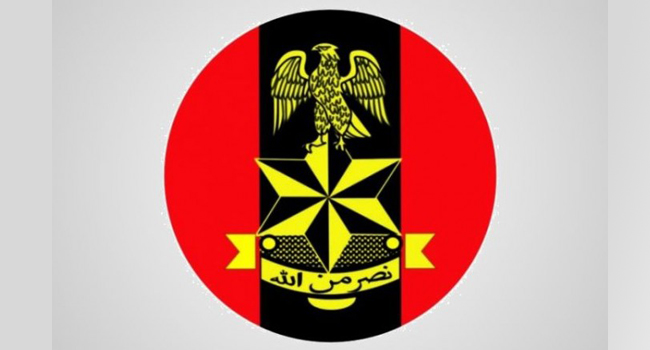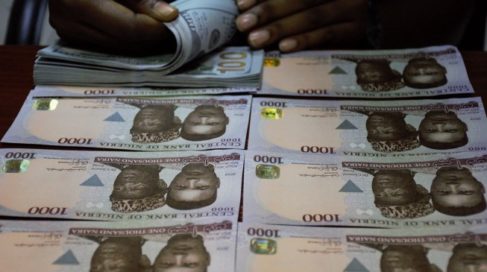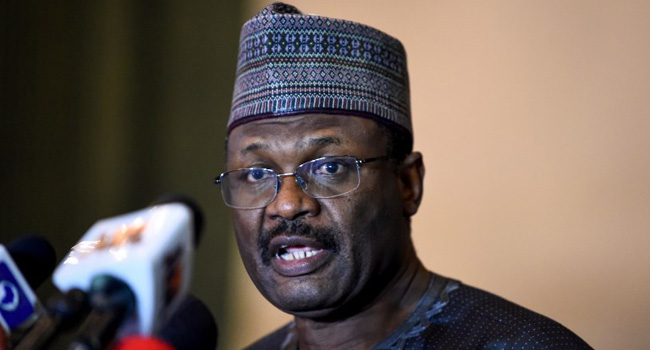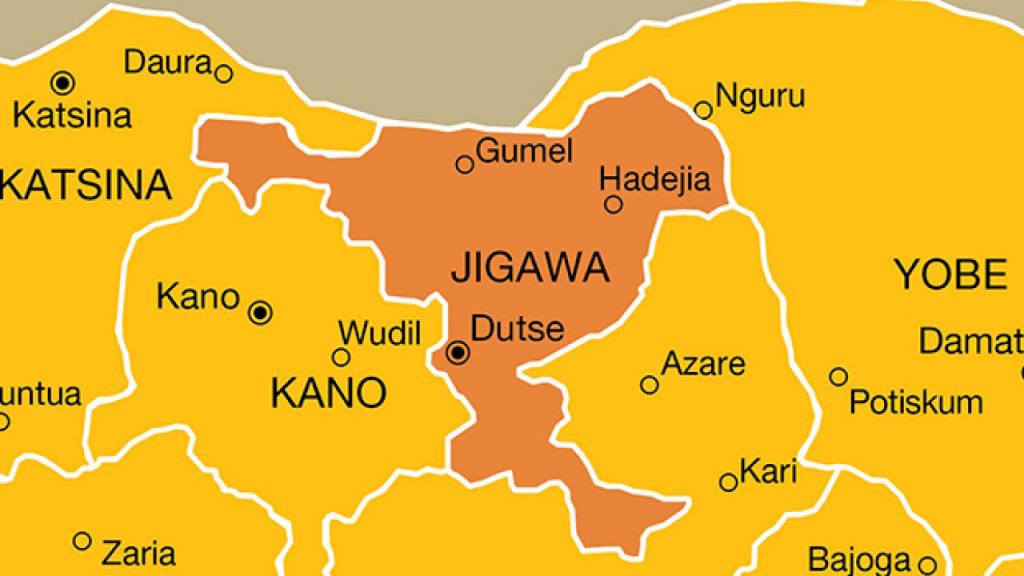‘You can’t trust Mr Sell Everything or Mr Stingy’, Tinubu hits Atiku, Obi
Presidential candidate of the All Progressives Congress, Asiwaju Bola Tinubu, has said that a vote for his People’s Democratic Party (PDP) and Labour Party (LP) counterparts, Alhaji Atiku Abubakar and Mr Peter Obi, respectively in the 2023 election would be a waste. Tinubu spoke in Akure, Ondo State capital, during his campaign trail. He […]







